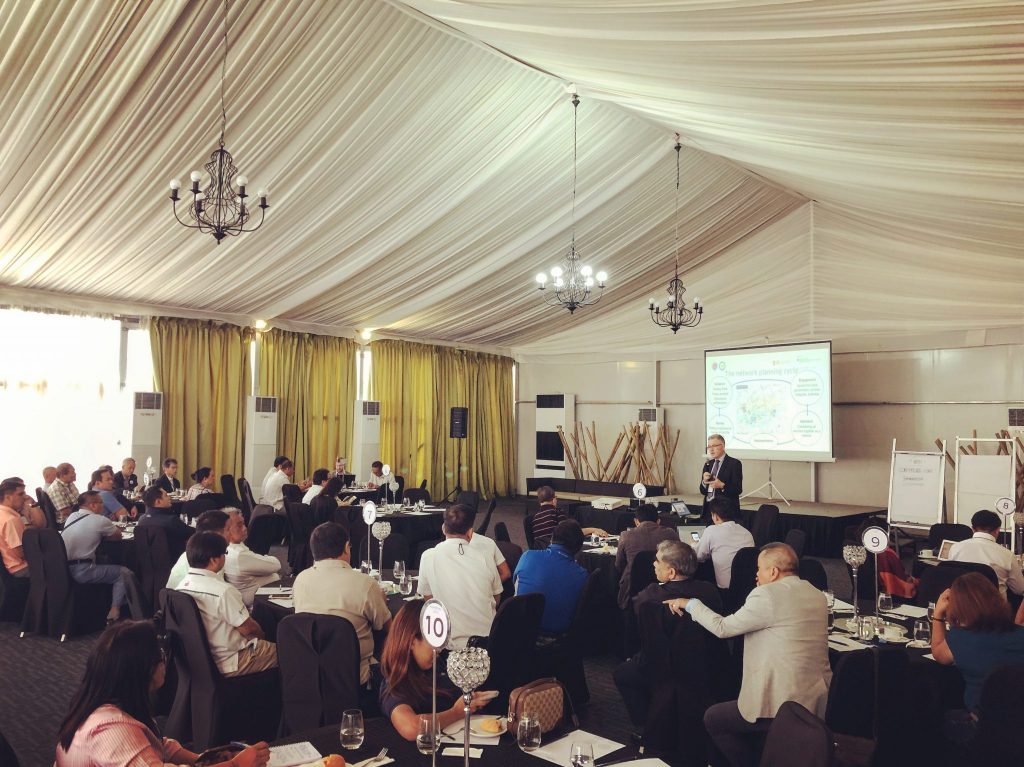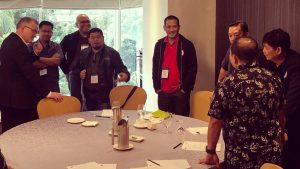
Public transport in the Philippines is dominated by informal, poorly maintained buses and jeepneys (which started as retrofitted military jeeps). An insufficient planning and regulatory framework has caused low-quality service, on-street competition, unreliable schedules and a severe lack of road safety.
The status quo is being challenged by the Philippine government through the Department of Transportation (DOTr)’s Public Utility Vehicle Modernization Programme. Launched in 2017, the Programme has 10 components, covering aspects such as the modernisation of the fleet and the operations, a national financing support mechanism, and the consolidation and professionalisation of the market players. While modernised jeepney fleets are already being rolled out throughout the country, a need to reform the planning, delivery, and governance of bus and jeepney services remains.
To this end, and upon the request of the DOTr and the Land Transportation Franchising and Regulatory Board (LTFRB), GIZ TRANSfer engaged Mr. John Barry, Transport for London’s (TfL) former head of Bus Network Development, to share his experiences on setting up and developing state-of-the-art planning and delivery mechanisms in the context of bus services.
In several national workshops with operators and government agencies participants and trainers discussed how the experiences gained in the City of London, a metropolitan area with over 650 routes, similar to the size of Metro Manila, could be applied to the Philippines.
Time is the most important asset for passengers

The first workshop was attended by over 50 representatives from operators of both old and modernized buses and jeepneys across the country. Participants learned about the key tenets of successful bus service delivery, such as a good network and reliable service schedule. John Barry further emphasised the need to understand what is most important to passengers. Studies in both London and Metro Manila have shown: Time is.
The participants also had the chance to hear about the government’s strategy and updates on the Modernization Programme, and the experiences of fellow operators who have already started modernization and who have seen the importance of rationalising routes and providing drivers a fixed salary (instead of the existing boundary system, where drivers only start making money after having earned a fixed daily amount that is paid to the Jeepney owner. So their income is variable and leads to competition for passengers). Operators showed an appreciation of the benefits of the reform, while also emphasisng that they wanted more opportunities to discuss the programme implementation aspects with government, in order to be able to deliver safe and sustainable transportation.

The second workshop targeted specifically government representatives from across the country, particularly the regional directors of the LTFRB, the franchising body for public transport. During this session, Mr. Barry focused on bus network planning and system operating models for the Philippines. The lively discussions showed a growing understanding of the importance of regulations that promote service quality instead of commissions on individual passengers.
The pivotal take-away message during his visit was to focus on
 John Barry, former head of Bus Network Development at Transport for London (TfL)
John Barry, former head of Bus Network Development at Transport for London (TfL)

Patricia Mariano